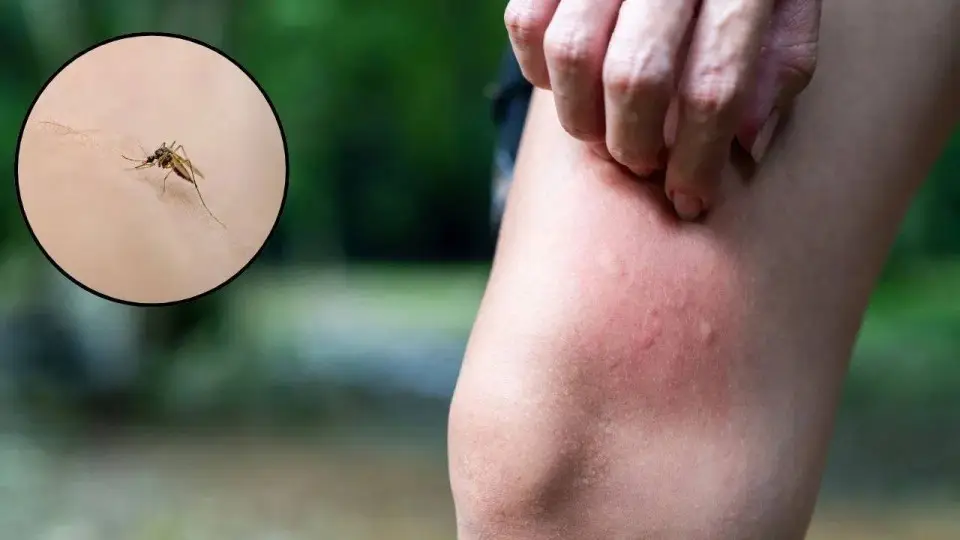
Mosquito Prevention (Credit: OpenAI)
Lifestyle News: Begin with basics that work every day. Dress children in full sleeves and long pants, preferably light colors that attract fewer mosquitoes. Use closed shoes or socks for evening play. Run a fan while kids study or sleep because moving air makes it harder for mosquitoes to land. Keep doors and windows screened and repair any tears quickly. Sleep under a mosquito net, especially for babies and toddlers, for consistent protection.
Camphor, neem, lemon eucalyptus, and citronella can help repel mosquitoes when used correctly. For skin, always dilute essential oils in coconut or another carrier oil; a common safe starting mix is one teaspoon carrier oil with one drop essential oil for older children. Avoid eyes, lips, cuts, and broken skin. Do a patch test on the forearm and wait 24 hours. Do not use essential oils on infants under three months. Stop use if irritation appears.
Burning camphor for a short, supervised period can help discourage mosquitoes from corners. Use a diffuser with a few drops of lemon eucalyptus or citronella to scent a room; keep it away from children’s reach. You can also simmer mint leaves, lemongrass, or crushed garlic in water and keep the pot near windows to mask scents that attract mosquitoes. Never leave flames unattended and ensure ventilation. Pets and asthmatics may be sensitive, so monitor closely.
For short outdoor time, a light layer of neem mixed with coconut oil can help. Lemon eucalyptus oil (PMD) is effective but must be well diluted; apply to clothing edges and exposed ankles, not to the whole body. Reapply after sweating or washing hands. Wash hands after application so kids don’t rub eyes. For long park visits or heavy mosquito zones, consider proven repellents like DEET, Picaridin, or IR3535 as per label; they are safe when used correctly.
Mosquitoes breed in still water, so empty and scrub containers weekly. Check flower pots, cooler trays, fridge drip pans, pet bowls, and rooftop tanks. Cover water storage tightly. Clear clogged gutters and drains near the house. Keep grass trimmed and avoid stacked junk where water collects. Use tight-lid dustbins and clean areas behind cupboards and under beds. Simple weekly cleaning breaks the breeding cycle and reduces bites without chemicals.
Aedes aegypti, which spreads dengue, bites mostly in early morning and before sunset, so be extra careful at those times. Send children to school and parks with covered arms and legs. Encourage them to sit away from dense shrubs. Use a pocket-size roll-on or pre-diluted oil on socks and cuffs. After outdoor play, have a quick wash and change clothes. Teach children not to scratch bites; dab calamine or a cold compress to soothe skin.
Some kids develop rashes or swelling after bites or after using oils or repellents. If redness spreads, breathing is difficult, or fever appears, seek medical care quickly. For mild itch, wash the area, apply calamine, or a cool pack. Keep nails short to prevent skin infection from scratching. Record which product caused irritation and avoid it next time. Prevention is better than cure, so stick to sleeves, nets, clean water routines, and well-tested repellents.













Copyright © 2025 Top Indian News
